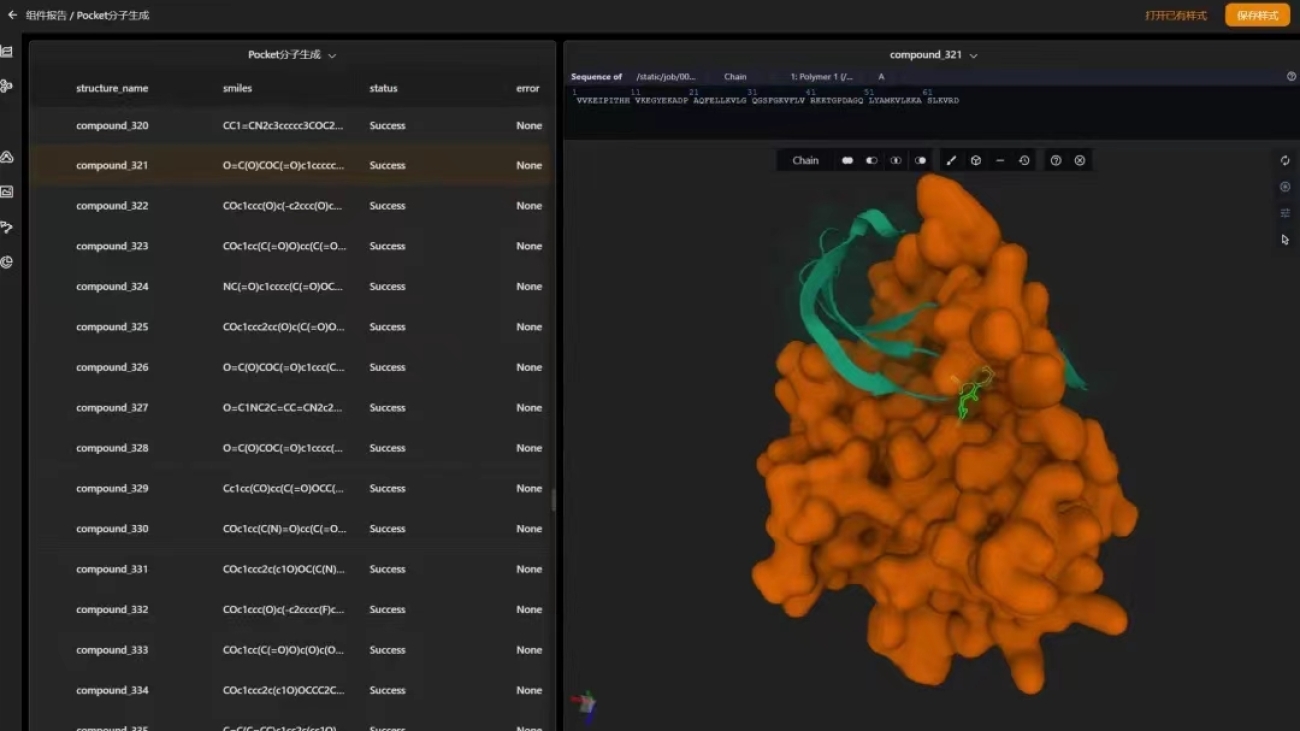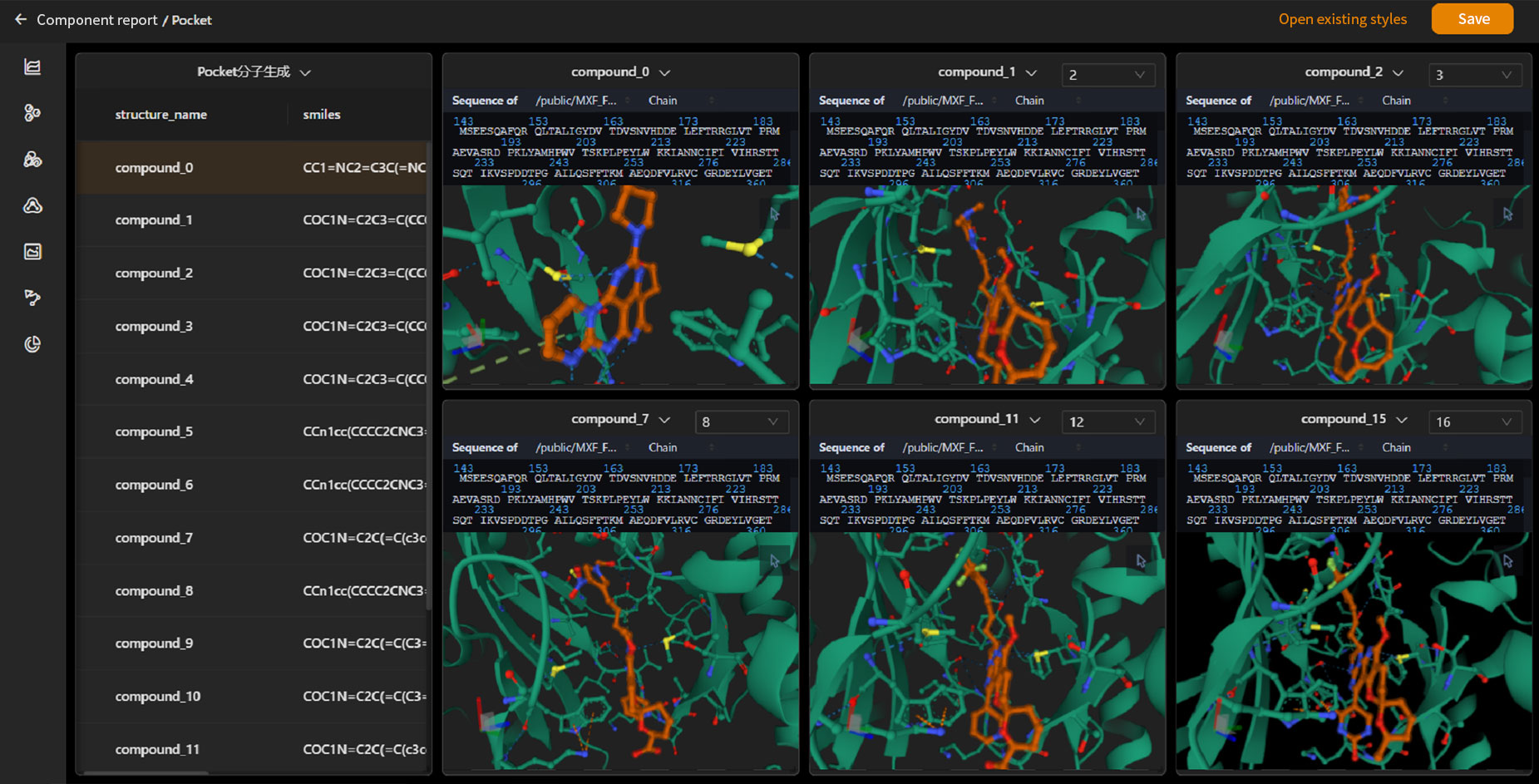In recent years, the application of Artificial Intelligence (AI) in drug discovery and development (D&D) has become increasingly prominent. AI has significantly improved the efficiency of drug research by predicting drug efficacy and toxicity, automating the design of drug molecules, and accelerating clinical trials. Faced with the impact and opportunities brought by AI, pharmaceutical companies usually take one of three approaches: developing AI capabilities internally, purchasing mature and specialized AI platforms, or outsourcing AI-driven drug discovery and development (AIDD) to third-party providers. But which strategy is the best?
Is Fully Outsourcing Your AIDD a Safe Bet?
Many companies opt to outsource their AIDD efforts, as it seems to save time and reduce costs. However, this approach presents some significant challenges.
First, data security is a major concern. Data is the lifeblood of drug discovery, and a leak could cause severe damage to a company’s business. Once data is outsourced, it becomes difficult to ensure its complete protection. Secondly, data ownership is equally crucial. Outsourcing may result in a company losing ownership of vital data, which could weaken its competitive edge. Furthermore, the quality of services provided by outsourcing companies can vary widely. If an unreliable partner is chosen, it may slow down R&D progress or lead to inaccurate research results.
Therefore, outsourcing AIDD could lead to higher long-term costs. On one hand, outsourcing expenses may increase over time as data grows; on the other hand, the financial losses due to security or service issues might exceed initial savings.
Why Emphasize Autonomous Mastery of AI Tools and Data?
While achieving autonomous control over AI tools and data may require a larger investment in the short term, it offers considerable long-term benefits.
First, professional drug researchers are more likely to achieve better results using AI tools than external partners who may lack a deep understanding of drug research. Internal teams can comprehend research objectives more thoroughly and use AI more effectively. Additionally, owning AI tools and data ensures that a company’s intellectual property and data assets are protected, securing data ownership and preventing security breaches. Furthermore, autonomous control provides greater flexibility. Companies can adapt AI tools to their specific needs and quickly adjust to changes in R&D strategies without waiting for an outsourcing partner’s response. This approach also helps build and retain AI expertise within the company. As AI becomes a core tool in drug development, companies that possess in-house expertise will have a clear advantage. Finally, controlling AI tools and data helps ensure consistency and quality, avoiding errors related to data transfers and conversions.
In the long run, owning AI tools and data can also be more cost-effective. Once a company establishes its own AI platform, it only needs to cover maintenance costs instead of recurring, often escalating, outsourcing fees.
Does Autonomous Mastery Mean Developing AI Platforms Internally?
Autonomous mastery of AI tools doesn’t necessarily require developing them from scratch. In fact, purchasing a mature, low-barrier AI platform from a specialized provider is often a more efficient and cost-effective solution.
To facilitate the integration of “AI+Pharmaceuticals” and empower drug R&D companies to easily and independently manage AI tools and data, Trunetech offers an advanced, user-friendly AI platform called MaXFlow.
MaXFlow, developed by Neotrident, is a next-generation molecular simulation and AI innovation platform aimed at all frontline experimental scientists, computational simulation experts, and AI specialists. It covers a wide range of R&D fields, including innovation discovery and process development. MaXFlow enables users to perform drug design, predict drug properties, manage research data, and much more. Its ease of use ensures that even scientists with no prior experience in molecular simulation or AI can quickly get started.
- Easily build 3D models of molecules, proteins, nucleic acids, etc.
- Enhance modeling efficiency through component and workflow technology
- Connect with the SDH scientific data genome platform to improve data acquisition
- Open environment that integrates and encapsulates various algorithms for full algorithmic freedom
- SaaS cloud model that seamlessly connects with background supercomputing resources to ensure computational power availability
- Extensive APP resources for practical application scenarios, allowing molecular simulation and AI technologies to be accessible with zero barriers
- Sharing of physical/AI models to capture expert experience and knowledge
- A platform-level solution that provides robust file management, user role, and permission management features to ensure data security, internal knowledge transfer, and the accumulation of valuable data assets.
Conclusion
Overall, taking ownership of AI tools and data is a wise and strategic choice for drug development companies in the long term. This approach not only safeguards a company’s data assets and intellectual property, enhances flexibility, and nurtures in-house talent, but also reduces costs over time. Partnering with a professional AI platform provider is an effective way to achieve this goal. High-quality AI platforms are not only mature and easy to use but also provide strong support, enabling drug development companies to better leverage AI technology.
In the “AI+Pharmaceuticals” field, both IT professionals and pharmaceutical researchers face challenges. Regardless of the chosen strategy, clear communication and collaboration between these teams are critical. Every drug development company should carefully evaluate its AI strategy, consider whether there are better options, and determine how to use AI more efficiently to unlock greater value.




